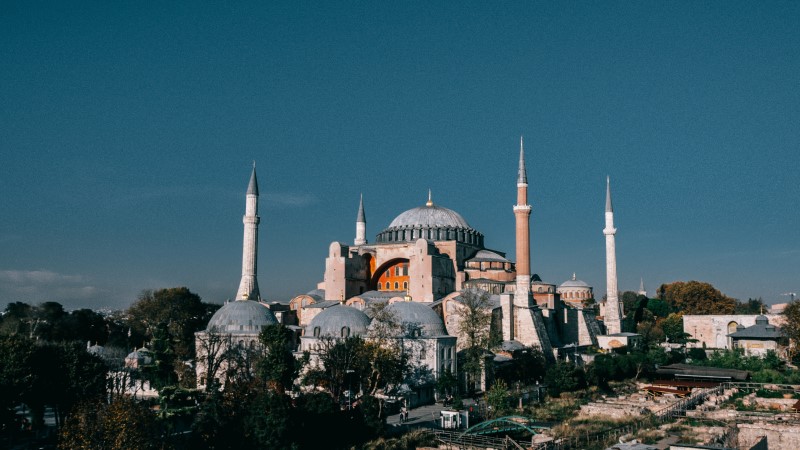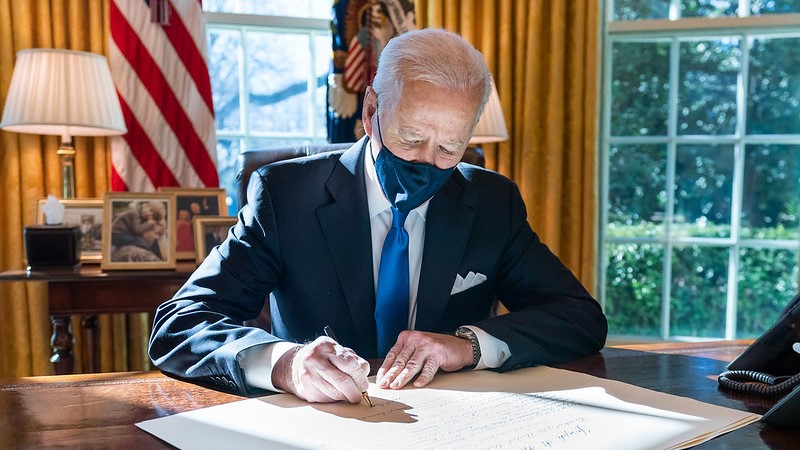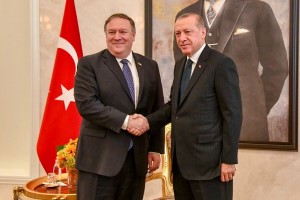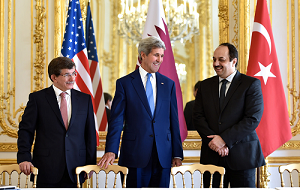Five Years after July 15: Erdogan’s New Turkey and the Myth of Its Immaculate Conception
By Gareth Jenkins
July 15, 2021
Five years after the July 15-16, 2016, failed coup attempt that enabled Turkish President Recep Tayyip Erdoğan to consolidate his authoritarian rule, many of the questions about what happened that night remain unanswered. Nevertheless, the regime’s narrative about the putsch has become the foundation myth for what Erdoğan and his supporters claim is the emergence of a “New Turkey” – the global defender of the world’s Muslims and a regional superpower, which is constantly thwarting Western plots to undermine it. But not only is this narrative deeply flawed but it is clear that the regime is hiding something. The only question is whether it is complicity, incompetence or both.

Does Biden’s Genocide Statement Boost or Subvert Turkish Ultra-nationalism?
By Halil Karaveli
May 3, 2021
While it’s a vital interest for Turkey to maintain the Turkish-American relations in as much good health as possible, President Joe Biden’s recognition of the Armenian genocide will have internal repercussions. For the ultra-nationalists, Biden’s statement underscores that they cannot reasonably expect Washington to accommodate Turkish state nationalism. The perception that the U.S. is a hostile power – albeit one that Turkey cannot afford a break with – incites the far right to step up its campaign against what it sees as America’s domestic allies, and it will seek to permanently disable the Kurdish political movement. However, Biden’s recognition of the genocide could ultimately also subvert Turkish ultra-nationalism as Turkey’s reaction to it reveals the hollowness of its pretentions of national grandeur.

From Pro-Americanism to Anti-Imperialism: The Historic Turn of the Turkish Nationalist Right
By Halil Karaveli
September 21, 2020
Turkey’s pursuit of its geopolitical objectives in the eastern Mediterranean has historically not aligned with what used to be its paramount national security priority, to maintain a “strategic partnership” with the United States. The clash of foreign policy priorities has fuelled divisions in the Turkish military, between conservative pro-Americans and left-leaning, self-described anti-imperialists. Today though, the right-wing nationalists have embraced the anti-imperialism of the nationalist left. That is a profound change.

Engulfed in the Gulf: Erdoğan and the Qatar Crisis
By Svante Cornell
June 29, 2017
The Gulf crisis over Qatar is once again catapulting Turkey into the politics of the Middle East, for which it is woefully unprepared. After a brief attempt at neutrality, Ankara threw in its lot with Doha, condemning the sanctions imposed by a Saudi-led coalition and accelerated its deployment of troops to a new base in Qatar. This decision risks upsetting President Erdoğan's tenuous rapprochement with Saudi Arabia, and reflects the continued ideological prism guiding Turkish foreign policy. But it also reflects a concern with regime security. At least in part, Erdoğan's embrace of Qatar reflects a belief that the same forces that supported the overthrow of Egypt's Muhammad Morsi welcomed the July 2016 failed coup in Turkey and now seek regime change in Doha. If so, Turkey's stance is unlikely to change, indicating a standoff may in the making.

Is Turkey Becoming a Banana Republic?
By Svante E. Cornell
July 20, 2016
The failed military coup in Turkey provides a window into just how unstable and vulnerable Turkey has become. The coup is a unique but not isolated event, more than anything a symptom of the decay of Turkish state institutions under Erdogan. The sizable post-coup repression will make matters worse, in fact increasing rather than decreasing the risk of further violence, including a new coup. Turkey is now more a problem in its own right than an ally to help solve regional problems.



